As part of the ongoing ‘Co-design for Sustainable, Resilient, and Inclusive Public Spaces and Services’ (CIPSS) capacity-building programme, the CIPSS programme coordinator Johanna Alkan Olsson, Assistant Director of the Centre for Environmental and Climate Science (CEC) at Lund University, along with co-coordinator Ilhami Alkan Olsson from the Raoul Wallenberg Institute of Human Rights and Humanitarian Law and CIPSS Turkey mentor Prof. Dr. Özgür Arun, visited Indonesia at the end of February.
Together with CIPSS Indonesia mentors Sylvia Yazid and Unang Mulkhan, they initially visited three CIPSS participant cities: Pekanbaru, Yogyakarta, and Denpasar. Their purpose was to meet the participants and learn about their change projects within the programme, as well as engage with mayors, local politicians, and other stakeholders.
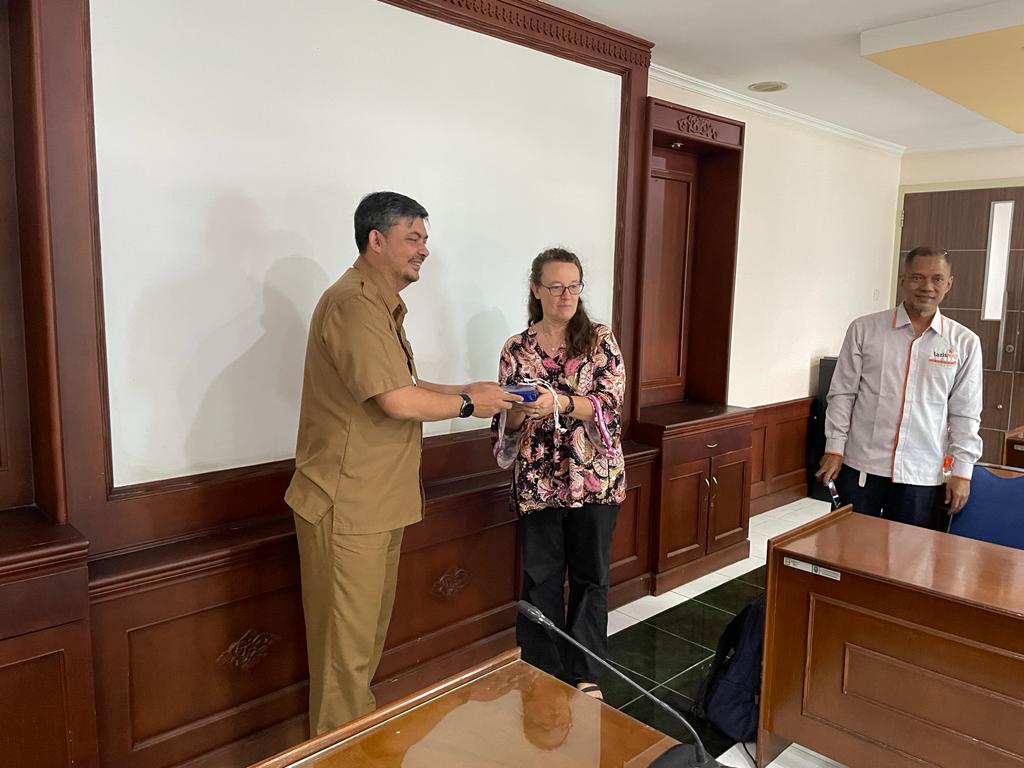
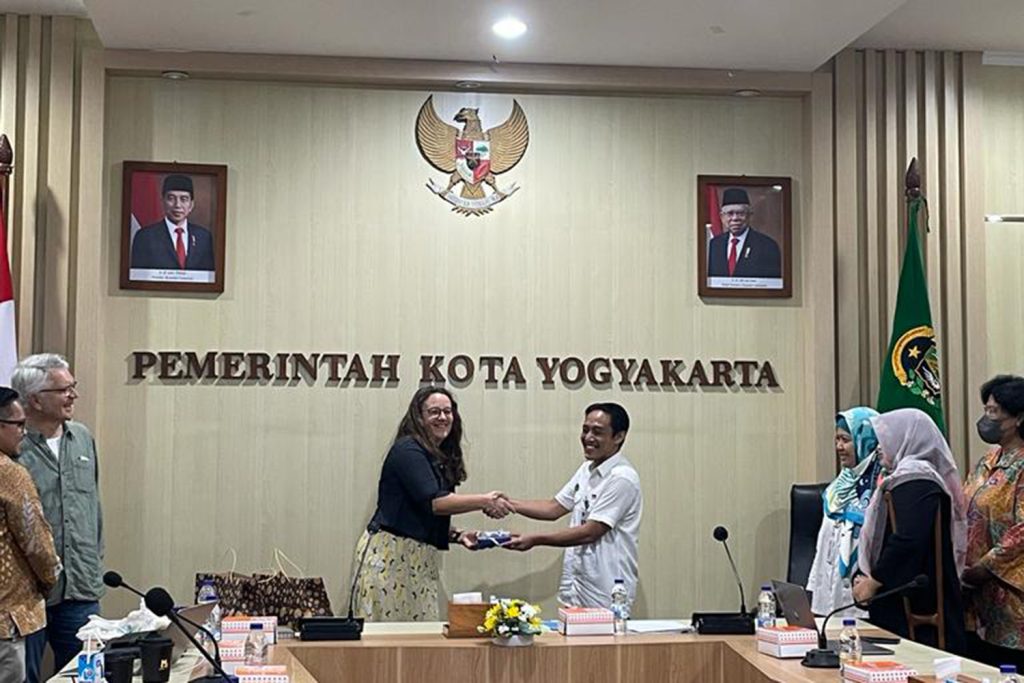
Between February 23rd and 25th, participants from the three cities, along with programme mentors, teachers, and team coaches, convened in Ubud (Bali) for a midterm workshop. The workshop aimed to discuss the progress of the teams’ change projects and prepare for the upcoming final conference in April, which will include participants from Turkey and North Macedonia.
The Pekanbaru team focuses on creating inclusive public spaces. They are redesigning an urban park to be more accessible to disabled, elderly, and child-friendly users, integrating it as a digital learning point for climate change.
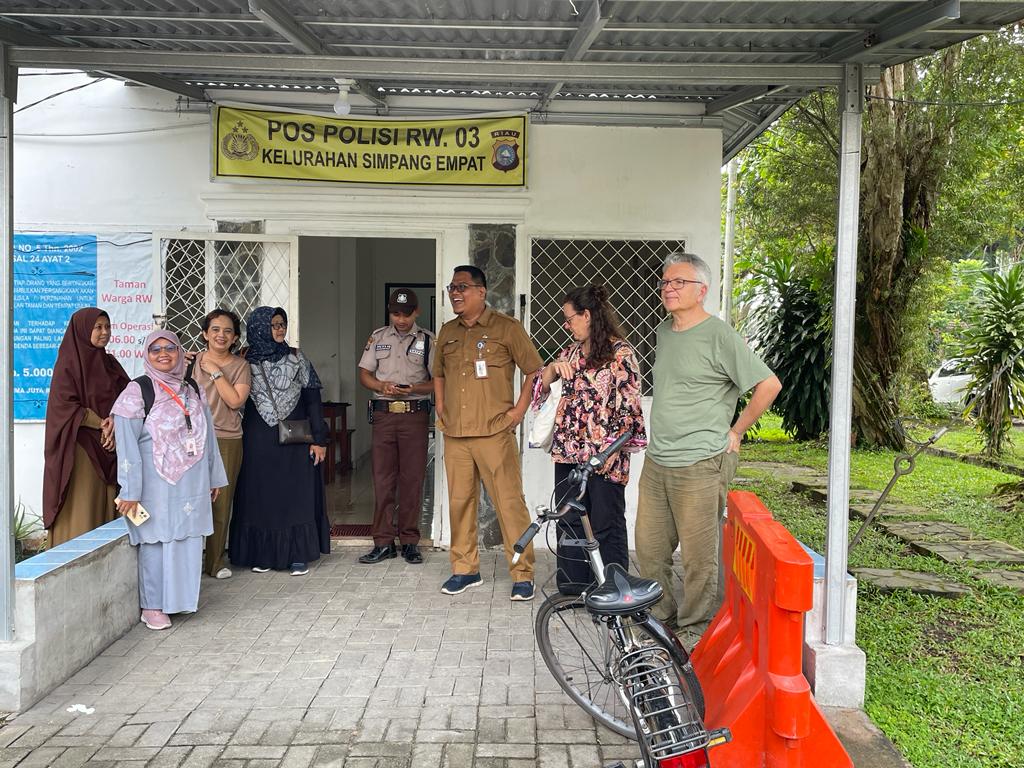
The Yogyakarta team is dedicated to disability rights and public services. Their project involves creating a platform to enhance work opportunities for persons with disabilities.
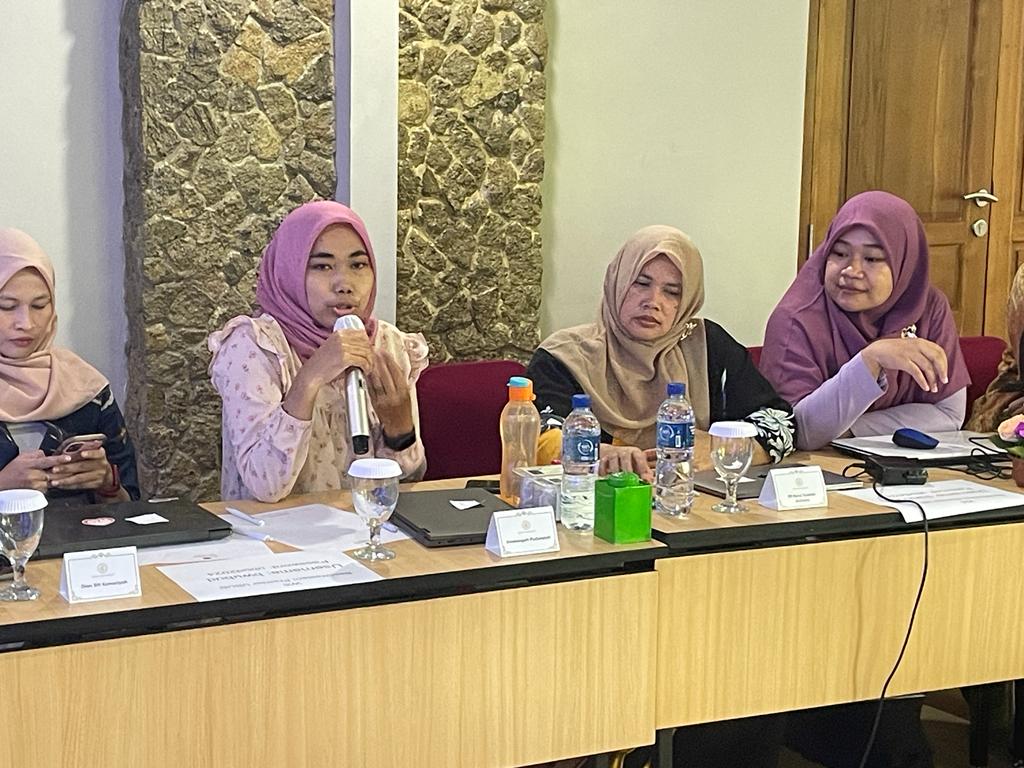
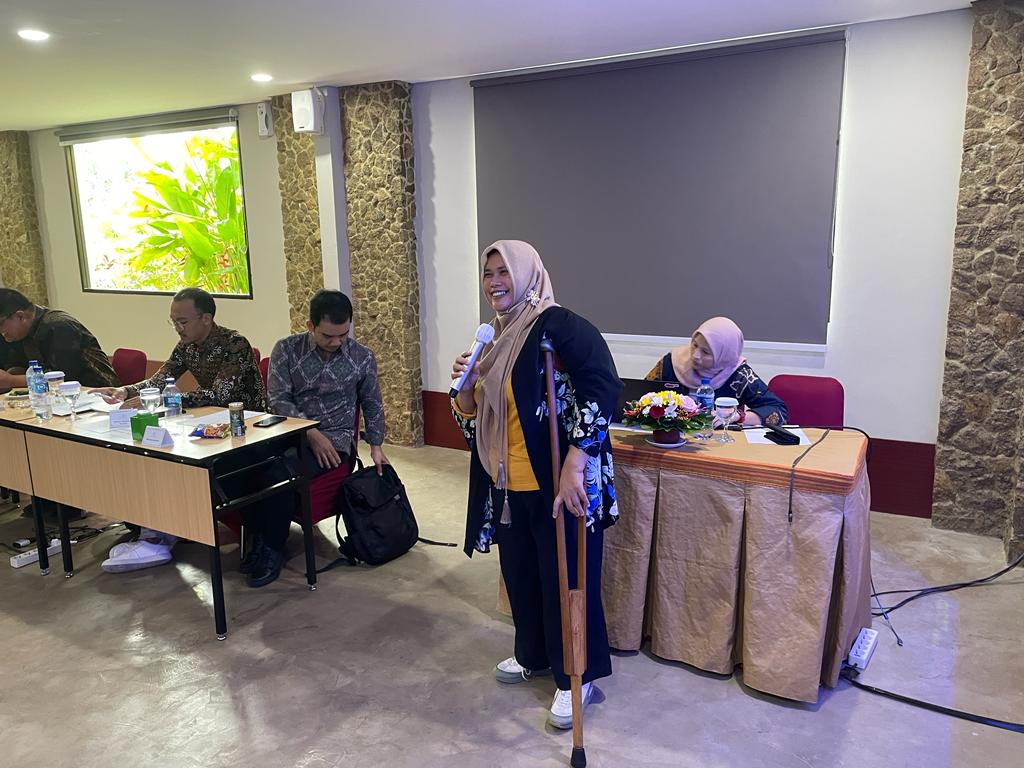
The Denpasar team is working on inclusive public transportation, with a specific emphasis on persons with disabilities. They are co-designing bus stops to improve accessibility for disabled individuals.
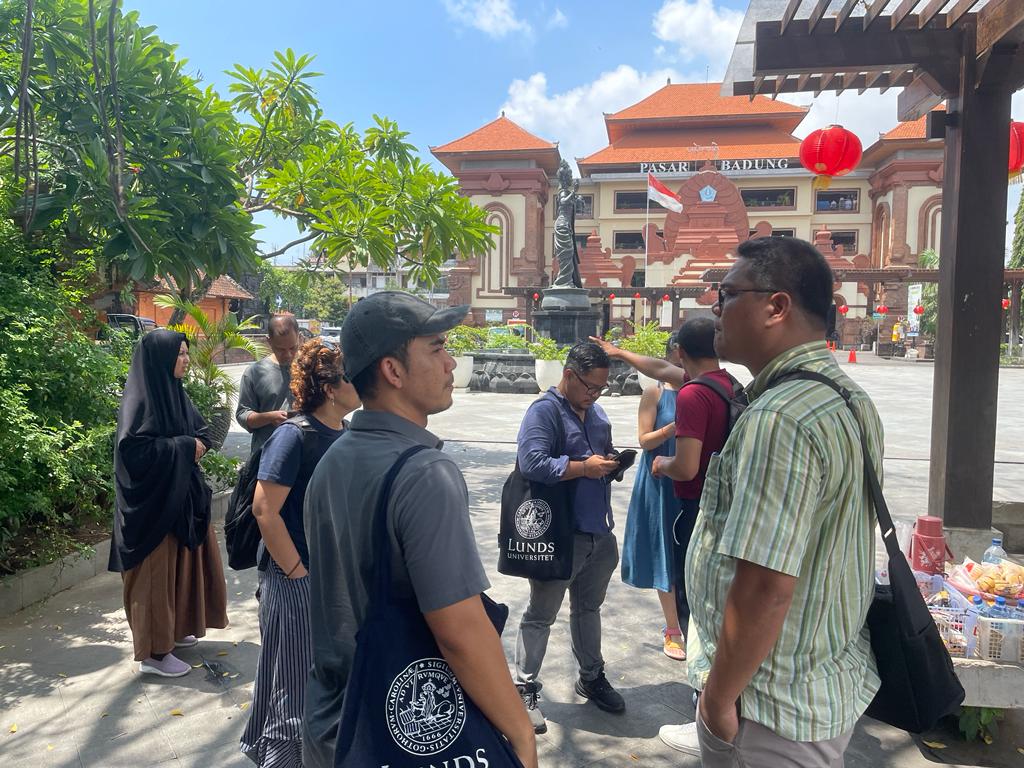
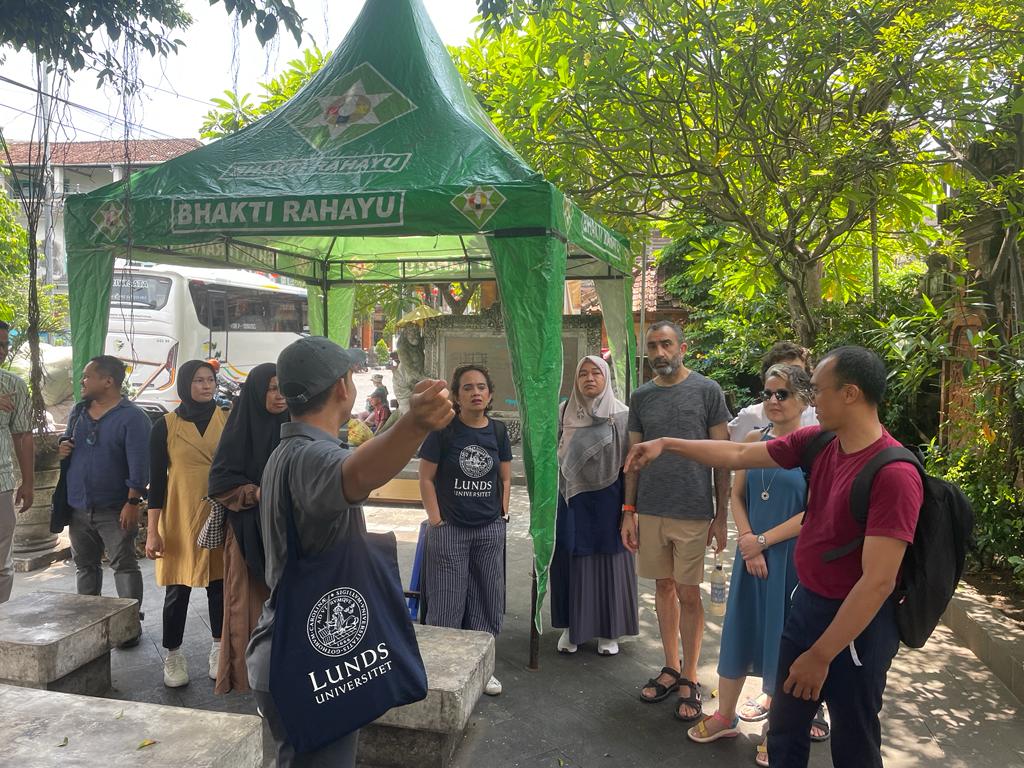
“The midterm workshop in Ubud proved to be inspiring and encouraging. Despite significant financial, political, and cultural challenges, individuals from diverse backgrounds, cultures, languages, disciplines, ages, and genders are passionately contributing to more sustainable and rights-based urban development, with a focus on vulnerable groups. It was evident that urban citizens (right-holders) are increasingly demanding involvement in decision-making processes and co-designing public services and spaces, rather than waiting for “good politicians” to act on their behalf”, says Ilhami Alkan Olsson.

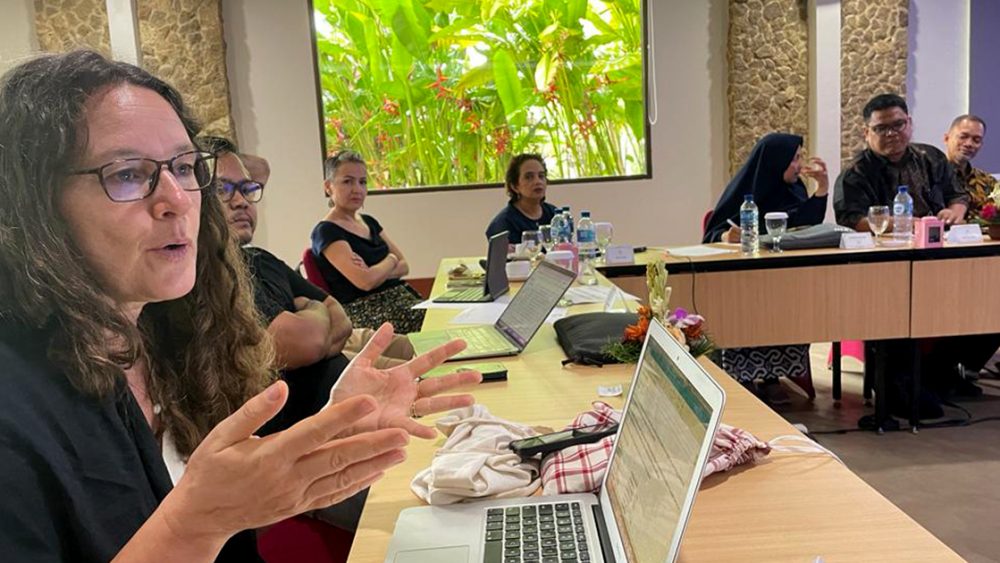
Todi Kurniawan
The Pekanbaru team is trying to redesign an urban park named Taman Kayu Putih to be more accessible to disabled, elderly, and child-friendly users, integrating it as a digital learning point for climate change. It is very challenging. & Thank you for the Feedback on the mentor visit.
Ilhami Alkan Olsson
Very nice visits in Indonesia..we have been impressed the engagement level of the participants as well as the stakeholders.